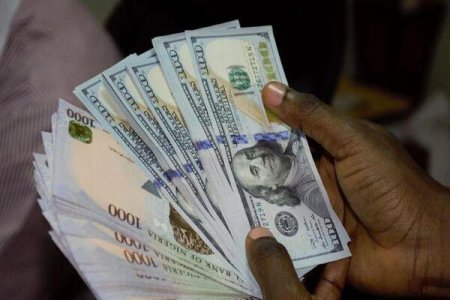
Nigeria's recent decision to secure a $3.3 billion loan from Afrexim Bank, collateralized by a massive 164.25 million barrels of crude oil, has sparked concerns about the long-term implications for the country's economy.
This high-interest loan, bearing an 11.85% per annum rate, starkly contrasts with the more modest 1-3% rates from organizations like the IMF. Such a high rate indicates Nigeria's significant financial strain as it seeks to stabilize its economy.
The scale of the collateral – oil valued at roughly $12.8 billion, nearly four times the loan amount – raises questions about the terms of the deal and Nigeria's bargaining position. It appears to be desperate, reflecting the country's urgent financial needs.
The implications for government revenue are profound. The Nigerian National Petroleum Company (NNPC) will be forward-selling Nigeria's share of offshore crude oil, diverting critical resources away from the government - this could hinder the government's capacity to fund other vital sectors.
While the loan is intended to stabilize the Naira and reduce fuel costs, this strategy might need to be revised, particularly with fluctuating global oil prices.
Moreover, the transparency of the deal and the NNPC's decision to use tax and royalty oil for collateral have been questioned. Critics argue that the NNPC should focus more on generating oil revenues than engaging in complex financial transactions that may endanger the nation's fiscal future.
Though offering temporary relief for the Naira, this loan highlights the challenges in Nigeria's broader economic strategy. It underscores the need for sustainable fiscal policies and transparent governance, especially when leveraging national resources.
As Nigeria navigates this precarious financial path, the outcomes of this deal will not only impact its immediate economic landscape but also set a precedent for managing national resources in an uncertain global economy.




